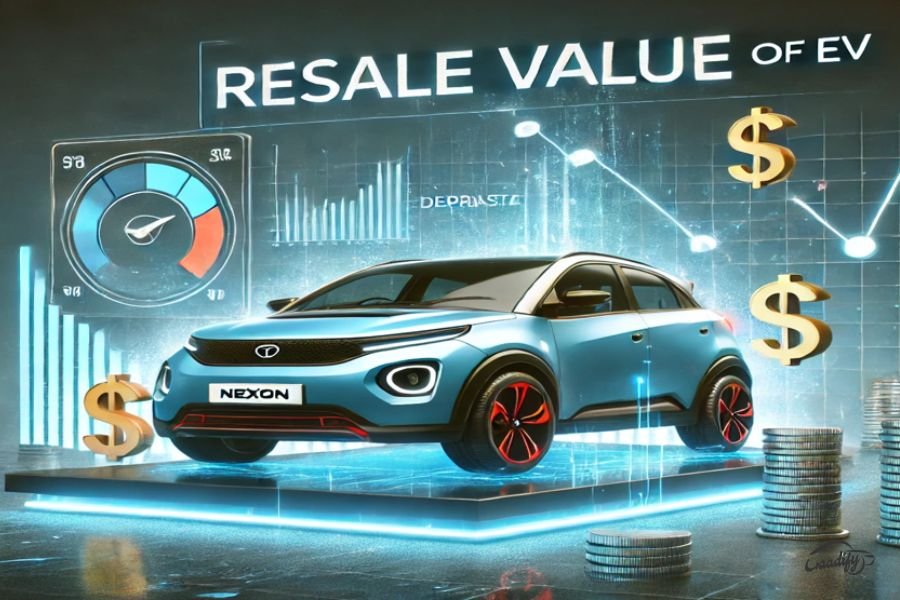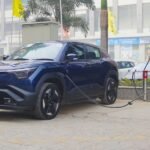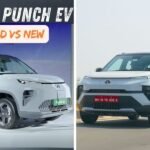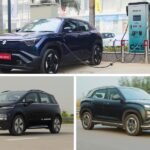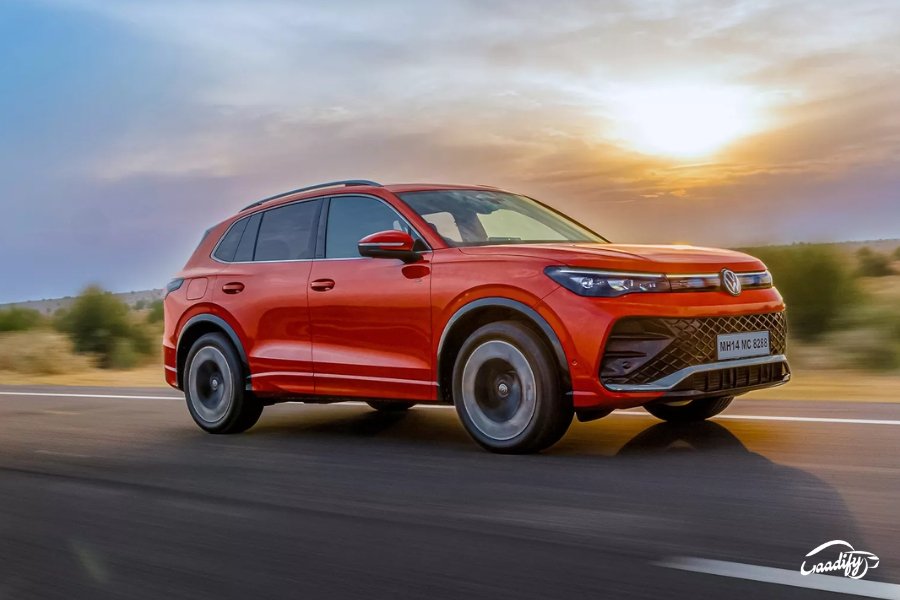The EV revolution is in full swing, with government, automakers and consumers embracing this cleaner alternative to traditional petrol and diesel cars. While EVs offer various advantages like low running costs, reduced emissions and smoother driving experience, one question persists in buyers’ minds: Do they hold their resale value well?
Well, for most Indian buyers, resale value is an important factor when buying a vehicle. But does this apply to electric vehicles as well? Let’s understand this in simple terms.
Why Resale Value Matters?
When people buy a new car, they generally think about how much they will get when they sell it later. Cars with high resale value help owners recover a good amount of their money when they decide to upgrade or switch to a new one. Generally, ICE cars from brands like Maruti Suzuki, Toyota, Kia and Honda have enjoyed strong resale values thanks to their reliability, low maintenance and widespread service network. But the same might not apply to electric vehicles due to serval factors.
Let’s analyse what affects EV resale values and whether they truly hold their worth over time.
1. Battery Depreciation
We know that the battery is the key component of an electric vehicle. It accounts for a significant portion of the total vehicle price (often around 40-50%). And like every other electric machine which runs on a battery, it degrades over time, and concerns over replacement costs discourage second-hand buyers, reducing the resale value of older EVs.
While advancements in solid-state batteries and better thermal management systems may slow battery degradation, current technology still poses resale challenges.
You May Also Like: Why Do Lithium-Ion Batteries Catch Fire?

2. Charging Infrastructure
One of the biggest factors affecting EV demand in the used car market is charging convenience. Unlike petrol or diesel cars that can be refuelled anywhere, EV owners need to consider: –
- Availability of a dedicated parking space with charging setup at their home/preferred place
- Public charging stations and their expansion across India
- Battery swapping tech/subscription, which could revolutionize the used EV market by reducing concerns over battery degradation
With the expanding charging infrastructure, the resale value of EVs could improve. However, in areas where charging stations are scarce, second-hand EVs may struggle to find buyers.
Must Read: BYD Unveils Ultra-Fast EV Charger – As Quick As Petrol Refueling
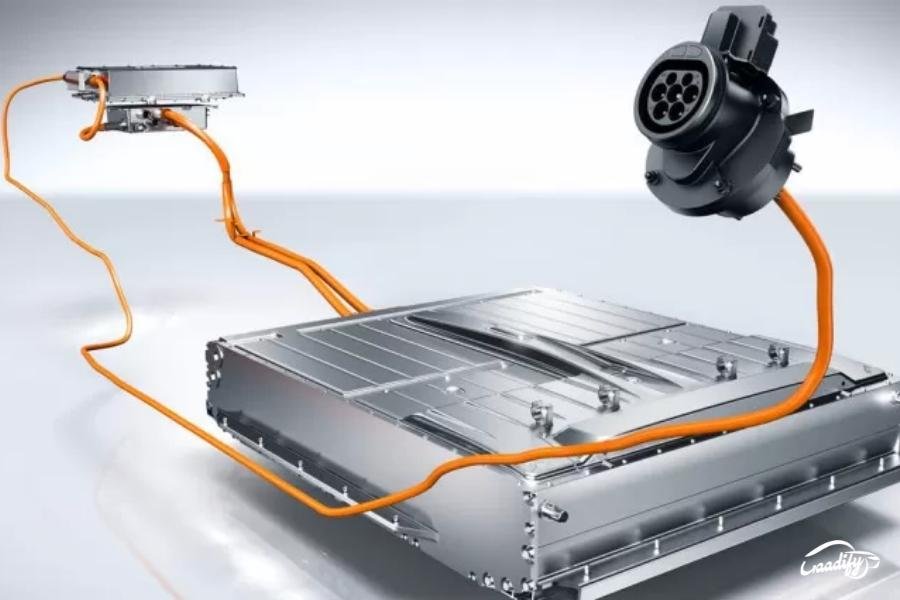
3. Technological Advancements
EV technology is improving fast. Newer models with better range and faster charging could make older models lose value quickly. Buyers may hesitate to invest in a used EV when a newer model offers significantly better features and range at a competitive price.
Related: Different Types Of Batteries Used In Electric Vehicles (EVs)
4. Government Policies and Incentives
Subsidies and tax benefits on new EVs may lower their resale value, as buyers prefer a new one with discounts rather than buying a used one. Incentives and subsidies on EVs lower the initial cost of purchasing an electric vehicle. However, these subsidies do not apply to used EVs, making them less attractive compared to new EV purchases. However, if the government introduces incentives or subsidies on battery replacement, the resale market could see a boost.
You May Also Like: Electric Vehicles (EVs): How does EV Battery Management System (BMS) Work?
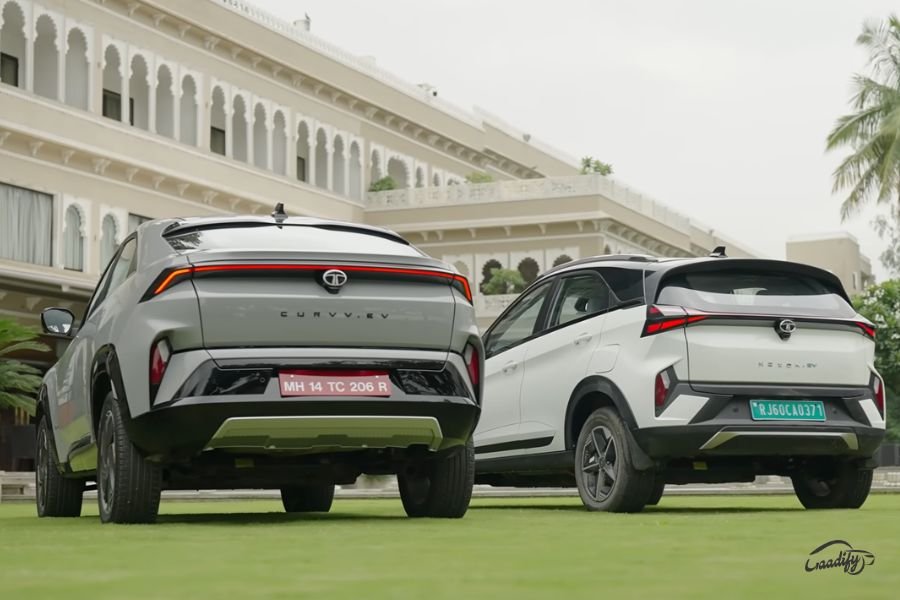
Conclusion
In the short term, the resale value of an EV may remain lower due to battery concerns, limited charging infrastructure, and rapid technological advancements. However, in the coming years, probably after a quinquennium, things might change. Battery improvements, widespread adoption of solid-state batteries, battery swapping/subscription facilities, and second-life battery use may improve resale value. But for now, ICE vehicles continue to hold better resale value than EVs.
Also Read: Mahindra Revises Electric Vehicle Charging Policy for 2025


